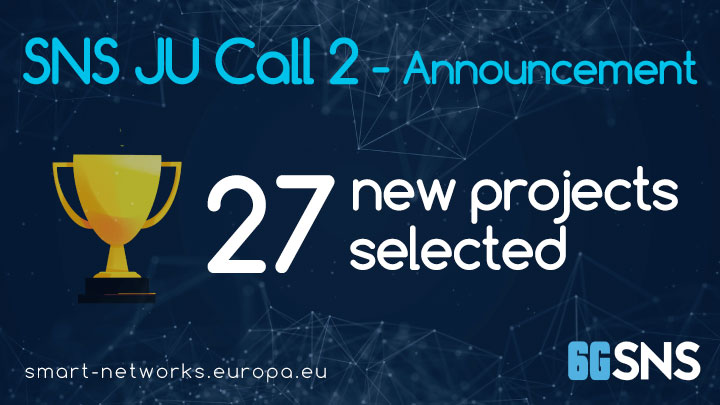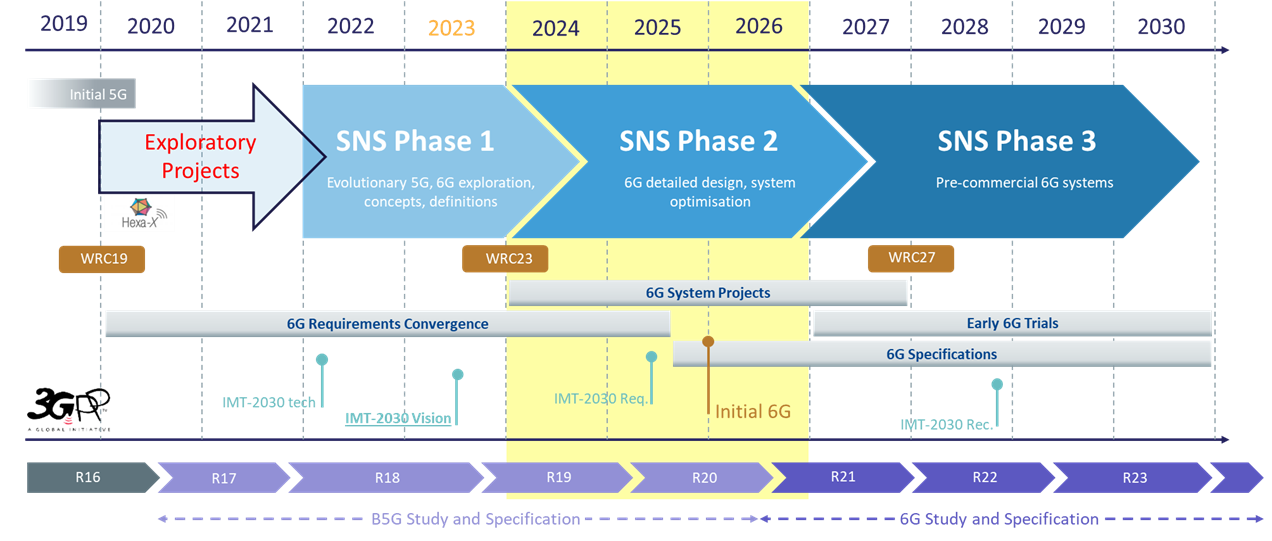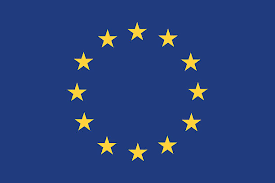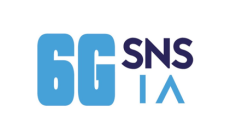6G research gets a 130 million EUR EU funding boost in Europe
The Smart Networks and Services Joint Undertaking (SNS JU) has announced the 27 winners of its second call for proposals, with a €130 million funding boost.

The Smart Networks and Services Joint Undertaking (SNS JU) is pleased to unveil the selection of its new 27 research, innovation, and trial projects that will commence operations as of 1 January 2024. These projects represent a significant stride towards advancing smart networks and services, offering breakthrough innovations, experimental platforms and large-scale trials, driving world-class research and shaping the world’s digital connected future.
Erzsébet Fitori, the new SNS JU Executive Director, announced the newly selected projects today in her keynote at the 5G Techritory 2023 event.
In its second phase, the SNS JU is moving towards more detailed design and system optimisation while integrating micro-electronics and sustainability as core dimensions. The aim is to build first-class 6G technology capacities across Europe and to strongly contribute to standardisation efforts. With an EU budget of €130 million, this second call will further support and accelerate ground-breaking research in 6G technologies throughout Europe and beyond. International collaboration is key to achieving a globally accepted 6G standard. One project that was selected focuses on EU-US research cooperation.
The SNS JU now counts a portfolio of 62 research, innovation, and trials projects, with 27 new projects selected following the evaluation of proposals submitted under the SNS JU second call. The 27 projects announced today launch the second phase of the SNS Roadmap, which will be further expanded with the future 3rd and 4th SNS JU Calls and the resulting projects that will kickstart their activities within 2025 and 2026 respectively. The launch of the new projects follows the formal decision of the SNS JU Governing Board.
 SNS JU Phases
SNS JU Phases
Overview of the Project Portfolio
Each of the winning projects explores innovative approaches spanning a comprehensive spectrum of 6G domains. The diverse array of projects ensures a multifaceted approach to addressing 6G challenges and promises a wide range of innovative solutions:
- System Architecture: Strengthening the underlying structure of 6G networks for increased robustness, adaptability, and efficiency to cater for the expected extreme 6G use cases and their requirements.
- Winning projects: 6G-CLOUD (Service-oriented 6G network architecture for distributed, intelligent, and sustainable cloud-native communication systems), 6G-TWIN (Integrating Network Digital Twinning into Future AI-based 6G Systems), ORIGAMI (Optimised resource integration and global architecture for mobile infrastructure for 6G), 6G-INTENSE (Intent-driven Native AI Architecture supporting Compute-Network abstraction and Sensing at the Deep Edge) and EXIGENCE (Devise & explore a novel approach for energy consumption and carbon footprint reduction of ICT services in the era of next-generation mobile telecommunications (6G)).
- Wireless Communication Technologies and Signal Processing: Exploring advances such as novel 6G RAN technologies and integrated communication-sensing paradigms.
- Winning projects: 6G-DISAC (6G for Distributed Intelligent Sensing and Communication), 6G-GOALS (6G Goal-Oriented AI-enabled Learning and Semantic Communication Networks), iSEE-6G (Integrated SEnsing, Energy and communication for 6G networks), INSTINCT (Joint Sensing and Communications for Future Interactive, Immersive, and Intelligent Connectivity Beyond Communications), 6G-SENSES (Seamless Integration of Efficient 6G Wireless Technologies for Communication and Sensing), 6G-MUSICAL (6G-Multiband Wireless and Optical Signalling for Integrated Communications, Sensing and Localization).
- Communication Infrastructure Technologies and Devices: Fortifying and expanding the physical and virtual infrastructure to support the new 6G technologies, e.g on optical and wireless integration.
- Winning projects: PROTEUS-6G (Programmable Reconfigurable Optical Transport for Efficiently offering Unconstrained Services in 6G), ECO-eNET (Efficient Confluent Edge Networks), Opti-6G (Optical 6G Cell Free Networks), 6G-EWOC (AI-Enhanced fibre-Wireless Optical 6G network in support of connected mobility).
- Reliable Services and Smart Security: Ensuring a secure transition to 6G that prioritises user data protection and privacy, reliability, trust and resilience.
- Winning projects: SAFE-6G (A Smart and Adaptive Framework for Enhancing Trust in 6G Networks), NATWORK (Net-Zero Self-adaptive Activation of Distributed Self-resilient Augmented Services), iTrust6G (Intelligent Trust and Security Orchestration for 6G Distributed Cloud Environments), ROBUST-6G (Smart, Automated, and Reliable Security Service Platform for 6G).
- Complementary SNS experimental Pan-EU federated Infrastructure: Establishment and expansion of a Pan-EU experimental infrastructure for 6G with capabilities for federation of existing experimental platforms, aiming to validate end-to-end 6G architectures.
- Winning project: SUNRISE-6G (Sustainable Federation of Research Infrastructures for Scaling-up Experimentation in 6G).
- SNS Large Scale Trials and Pilots with Verticals: Transposing 6G technologies into real-world applications in the business and industrial sectors, such as connected and automated mobility, healthcare, smart cities, farming, education. These projects group a decisive number of partners, both from the technological and telecoms value chain and from the verticals industry.
- Winning projects: 6G-PATH (6G Pilots and Trials Through Europe) and ENVELOPE (Evaluation and validation of connected mobility in real open systems beyond 5GS). These two large-scale Trials and Pilots will help validate technology and trial these out in business and industrial sectors which are priority for Europe.
Harmonising 6G advancements with societal values
Another important funded project is the Coordination and Support Action “6G for Society” (6G4Society), winner of the SNS Societal Challenges topic. It will address broader societal implications of 6G to ensure that technological advancements align with societal needs and benefits. 6G4Society will provide relevant insights on how to address the emerging tensions between ubiquitous, always more performant future networks systems while ensuring that societal values and sustainability are properly embedded into future technologies. The support action will be instrumental to engage key stakeholders beyond the technological players and embrace the civil society point of view.
European microelectronics innovations and EU-US cooperation
In this second call, there is also a strong push towards the advancement of European microelectronics in providing solutions for next-generation communication networks and devices at various levels of the device data processing chain, from baseband and mixed-signal processing to RF and Antenna system, covering frequency ranges from sub-6GHz up to THz. For this topic, the winning projects are: FirstTo6G (Fourier-Domain TRx Solutions Enabling Widespread Realisation of 6G), 6G-REFERENCE (6G Hardware Enablers For Cell Free Coherent Communications & Sensing) and TeraGreen (Towards Energy-Efficient Tbps Wireless Links).
In addition, the SNS JU is fostering a strong EU-US research cooperation focusing on critical 6G technologies, particularly those that integrate Artificial Intelligence (AI). The aim of this particular topic is to seamlessly integrate AI to enhance the capabilities of the 6G network, while also ensuring the collaboration between EU and US stakeholders is concrete and productive. The winning project is 6G-XCEL (6G Trans-Continental Edge Learning).
The EU funding for this new portfolio under the Horizon Europe programme is around EUR 130 million. The opening of the third SNS call for proposals is planned for January 2024, with publication of the 2024 Research and Innovation Work Programme expected around mid-November.
______
About SNS JU
The European Smart Networks and Services JU (SNS JU) is a Joint Undertaking established in 2021 by the European Union Council Regulation No 2021/2085. This EU Partnership is jointly led by the EU Commission and the 6G Smart Networks and Services Industry Association (6G-IA). The mix of public and industry interest makes the Smart Network and Services Joint Undertaking the right platform for collaboration and the right instrument to foster world-class research and innovation on next generation networks and services. The SNS JU two-pillar approach, in support of 5G deployment and for advanced research of 6G systems, create a continuity for EU players but also provide tangible financial support to best research, SMEs and industry to strengthen the EU supply chain side. The SNS JU fosters alignment and synergies with Member States on 6G Research and Innovation Programmes and favour international cooperation towards setting a 6G global standard.
The SNS JU aims to contribute to the UN’s Sustainable Development Goals (SDGs) towards sustainable, resilient, and climate-neutral network infrastructures and services. The combined EU funding for the first and second call of the SNS JU under the Horizon Europe programme is of around EUR 380 million.
For more information about the SNS JU, please visit https://smart-networks.europa.eu.
Follow us on Linkedin and get the latest information on our projects on Twitter. Did you miss our InfoDays or the latest SNS presentations? Browse our YouTube channel!
Tags
Connectivity, Advanced Digital Technologies, 5G/6G, Smart Networks and Services Joint Undertaking, Horizon Europe, Research and Innovation, Funding for Digital




